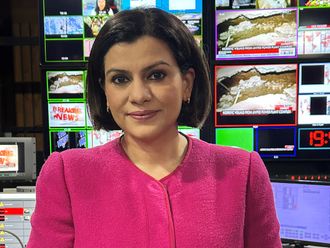The slowly re-emerging sense of optimism in Dubai's economy is based on the emirate's traditional strengths, which have been able to survive the shock of the financial crisis of 2009 and the collapse of the construction sector. This new optimism affects both the commercial sector and the government which is continuing to invest in an astonishing future.
In the wider market, Dubai's exceptional position as the hub of the world has allowed it to recover a lot quicker than other economies. The emirate's geographical position is a large part of the reason. As Dubai's flagship airline Emirates points out in its current planning, 6.6 billion people are within a 16-hour direct flight from Dubai.
Dubai is geographically close to Asia, Africa and Europe, which contain many of the fastest growing economies for the next decades. This is good news for Dubai's hotels and tourism industry, for its ports and airports, as it continues to grow as the only genuinely global hub and re-export centre in the region. It is also good news for the emirate's emerging centres of excellence in services like Healthcare City, Media City and Internet City, as well as the all-important Dubai International Financial Centre for the financial sector.
The real question is not really about the present day, but more about the future. It is vital that the emirate continues to invest in the size of the future market decades ahead. That is why Emirates has ordered 235 new aircraft, which is far more than the 171 planes in its present-day fleet. It is building for the extraordinary growth that Dubai's billions of future customers will bring. But Dubai's strength is that this commercial investment is matched by government spending on infrastructure that will be essential for such a future.








